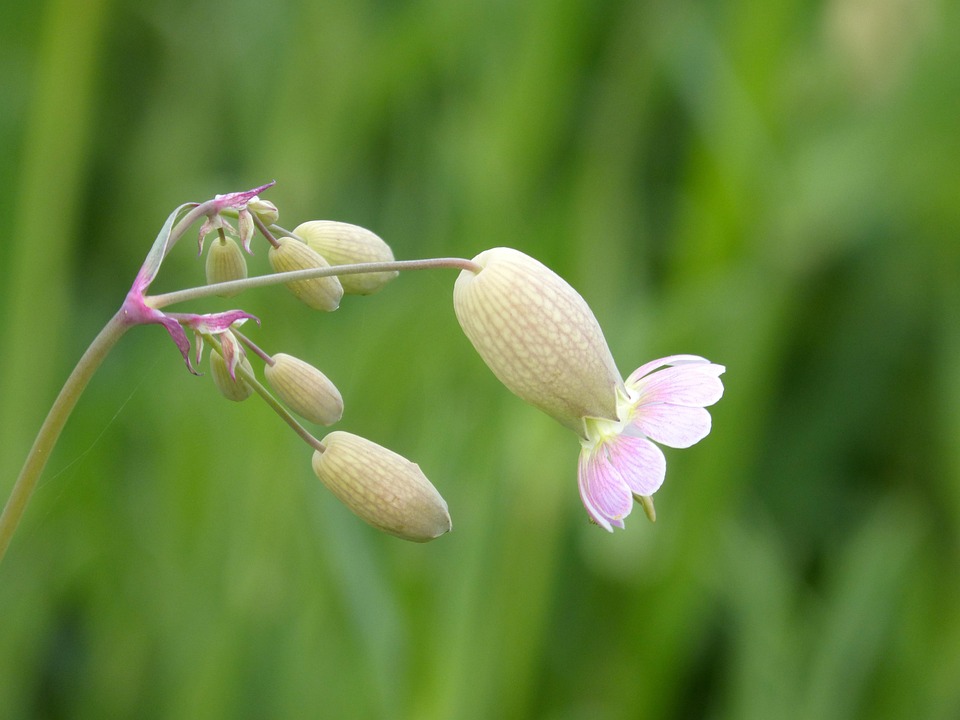Natural bladder control can transform your life, giving you the freedom to enjoy every moment without worrying about leaks or accidents. You deserve to feel confident and in control of your body. If you’re ready to reclaim that confidence, you’re in the right place. Let’s explore the secrets that can help you master natural bladder control today.
Understanding Natural Bladder Control
Natural bladder control refers to the ability to manage your bladder function without reliance on medications or surgical interventions. It’s about understanding your body and how to support it. Why does this matter? Because your bladder health directly impacts your quality of life. Leaks can limit your activities, dampen your social life, and even affect your mental well-being. With the right knowledge and techniques, you can take charge of your bladder health.
The Importance of Bladder Control
Bladder control is not just about avoiding accidents; it’s about living life fully. Whether it’s laughing with friends, exercising, or simply enjoying a quiet moment, knowing your bladder is under control allows you to be present. When you master natural bladder control, you’ll notice a significant boost in your confidence and overall happiness.
1. Know Your Body
Your journey to mastering natural bladder control begins with understanding your own body. Pay attention to how your bladder behaves. Here are some key points to consider:
- Frequency: How often do you feel the urge to go?
- Volume: How much urine do you typically pass?
- Triggers: Are there specific activities or foods that prompt urgency?
By keeping a bladder diary, you can track your habits. This insight is invaluable for identifying patterns and making necessary changes.
2. Strengthen Your Pelvic Floor
A strong pelvic floor is the foundation of bladder control. The muscles in this area support your bladder and help you control urination. Here’s how to strengthen them:
- Kegel Exercises: These are your best friends. To perform a Kegel, squeeze the muscles you would use to stop urination. Hold for five seconds, then relax. Aim for three sets of ten repetitions each day.
- Bridge Pose: Lying on your back, bend your knees and lift your hips toward the ceiling. This engages the pelvic floor and strengthens your core.
Remember, consistency is key. You won’t see results overnight, but over time, your efforts will pay off.
3. Mind Your Diet
What you eat and drink can significantly impact your bladder health. Here are some dietary changes to consider:
- Stay Hydrated: Drink plenty of water, but avoid excessive caffeine and alcohol, which can irritate your bladder.
- Limit Spicy Foods: Spicy foods may lead to urgency in some people. Monitor your body’s response and adjust accordingly.
- Incorporate Fiber: A diet high in fiber can prevent constipation, which is linked to bladder control issues.
Consulting a nutritionist can provide personalized guidance tailored to your specific needs.
4. Practice Mindfulness and Relaxation Techniques
Stress can exacerbate bladder issues. Incorporating mindfulness and relaxation techniques into your daily routine can help:
- Deep Breathing: Before you feel the urge to go, take a deep breath. Inhale slowly through your nose, hold for a moment, and exhale through your mouth. This can calm your nervous system and help you manage the urge.
- Meditation: Spend a few minutes each day in meditation. Focusing on your breath and letting go of tension can improve your overall well-being.
These practices not only support bladder control but enhance your emotional health.
5. Establish a Bladder Training Routine
Bladder training is an effective method to regain control. Here’s how to establish your routine:
- Scheduled Bathroom Visits: Start by going to the bathroom on a set schedule—every 2 to 3 hours. Gradually increase the time between visits.
- Delay the Urge: When you feel the urge to go, try to wait a few minutes. Gradually increase this time until you’re comfortable going longer.
This technique helps reinforce control and reduces urgency over time.
6. Consult a Healthcare Professional
Don’t hesitate to seek professional help. A urologist or pelvic floor specialist can offer tailored advice and treatments. Here’s why this is important:
- Personalized Assessment: A healthcare professional can assess your individual situation and recommend specific exercises or treatments.
- Explore Treatment Options: If necessary, they can discuss options like biofeedback, pelvic floor physical therapy, or medications that may support your journey.
Finding the right expert can make all the difference in your path to mastering natural bladder control.
7. Stay Informed and Connected
Knowledge is power. Staying informed about bladder health can empower you to make better decisions. Here are a few reputable sources to explore:
- Urology Care Foundation: Offers resources and educational materials about bladder health. Visit Urology Care Foundation
- Mayo Clinic: Provides articles on bladder control and related health issues. Visit Mayo Clinic
- National Institute of Diabetes and Digestive and Kidney Diseases: Offers insights into bladder conditions and treatments. Visit NIDDK
Engaging with communities, whether online or in-person, can also provide support and encouragement.
Bottom Line
Mastering natural bladder control is not just achievable; it’s a journey toward a more confident and fulfilling life. By knowing your body, strengthening your pelvic floor, making conscious dietary choices, practicing mindfulness, establishing a bladder routine, consulting professionals, and staying informed, you can take significant strides toward regaining control.
You have the tools and knowledge to make a change. Embrace this journey, and take the first step today. Your body will thank you!








